When it comes to building a website, blog, or course platform, many businesses and entrepreneurs face the choice between different solutions. Two popular options are WordPress and Kajabi. But which platform is actually better for your needs – WordPress vs Kajabi? In this article, we compare WordPress and Kajabi based on SEO, flexibility, features, and cost – so you can make the best decision for your business.
What Are WordPress and Kajabi?
WordPress is the world’s most popular CMS (Content Management System), used to build everything from simple blogs to advanced websites and e-commerce solutions. It’s an open-source platform, meaning you own your content and have full control over functionality and design.
Kajabi, on the other hand, is an all-in-one platform primarily aimed at creating and selling digital courses and memberships. It offers pre-built tools for courses, newsletters, and sales but is more restrictive and less flexible compared to WordPress.
SEO: WordPress vs Kajabi
One of WordPress’s biggest advantages is its powerful SEO capabilities. Search Engine Optimization is critical for driving traffic to your website, and here WordPress simply outshines Kajabi.
SEO Features in WordPress:
- Plugins like Yoast SEO and Rank Math help optimize pages and blog posts for keywords, meta descriptions, and readability.
- Full control over URL structures and internal linking.
- The ability to improve loading times with plugins like WP Rocket and Smush for image optimization.
- Support for schema markup and rich snippets to enhance search visibility.
SEO in Kajabi:
Kajabi provides basic SEO features, such as editing meta titles and descriptions, but flexibility is limited. You cannot as easily optimize your structure or use advanced SEO tools.
Conclusion: If SEO is important for your business, WordPress is the clear winner.
Flexibility and Customization: WordPress vs Kajabi
WordPress is known for its unparalleled flexibility. As it is open-source, you can build exactly the site you want with thousands of themes and plugins.
WordPress:
- Full design control with builders like Elementor, WPBakery, or Gutenberg.
- Thousands of plugins for features like newsletters, e-commerce, memberships, and course platforms.
- Integration with third-party tools like Mailchimp, WooCommerce, and LearnDash for courses.
Kajabi:
Kajabi offers a smooth all-in-one solution but has limitations in customization:
- Design options are restricted to pre-built templates.
- Less control over code and features.
- Harder to customize for specific needs.
Conclusion: WordPress is the better choice if you need full freedom to build and adapt your platform.
Features: Courses, Blog, and Newsletters
WordPress:
With the right plugins, WordPress can handle everything:
- Courses: Use plugins like LearnDash or LifterLMS to build a complete course platform within WordPress.
- Blog: WordPress was originally built as a blogging tool and offers everything you need to create and optimize blog content.
- Newsletters: Integrate tools like Mailchimp or MailPoet to manage newsletters directly from your WordPress site.
Kajabi:
Kajabi is primarily designed for courses and memberships and includes:
- Built-in tools for course content and email marketing.
- Simple management of memberships and payments.
- Basic blogging capabilities but far from as powerful as WordPress.
Conclusion: WordPress is more versatile and can handle everything from blogging and newsletters to courses. Kajabi is convenient for courses but lacks robust blogging tools.
Cost: WordPress vs Kajabi
WordPress:
WordPress itself is free. Your costs depend on hosting, themes, and plugins. A basic WordPress site can cost just a few dollars per month, while a more advanced setup with premium tools costs more.
Kajabi:
Kajabi is a subscription-based service with a high monthly fee:
- The Basic plan costs about $149/month.
- You pay for features even if you don’t use them.
Conclusion: WordPress is often more cost-effective in the long run, especially if you don’t need all Kajabi’s features.
Ownership and Control: WordPress vs Kajabi
With WordPress, you own your entire website and all your content. You can change hosting, customize features, and have full control.
With Kajabi, you are locked into their platform. If you want to switch systems, it’s difficult to transfer everything.
Conclusion: WordPress offers full control and long-term security.
Summary: WordPress vs Kajabi
| Feature | WordPress | Kajabi |
|---|---|---|
| SEO | Unbeatable, full control | Limited capabilities |
| Flexibility | Extremely flexible, endless possibilities | Limited customization |
| Courses & Newsletters | Smoothly handled with the right plugins | Built-in but basic |
| Cost | Flexible and often cheaper long-term | High monthly fees |
| Ownership | Full control and ownership | Locked to Kajabi’s system |
Which Platform Should You Choose?
- Choose WordPress if you want full control, better SEO, flexibility, and lower long-term costs. It’s the best option for blogs, SEO-optimized websites, and businesses looking to grow.
- Choose Kajabi if your sole focus is creating digital courses and you don’t need advanced blogging or SEO features.
Tip: You can combine WordPress and Kajabi! Use WordPress for your website and blog (better SEO and flexibility) and Kajabi for courses.
Need help creating a powerful WordPress site that is SEO-optimized and ready to grow? Contact us at Pikus Media, and we’ll help take your digital presence to the next level! 🚀
